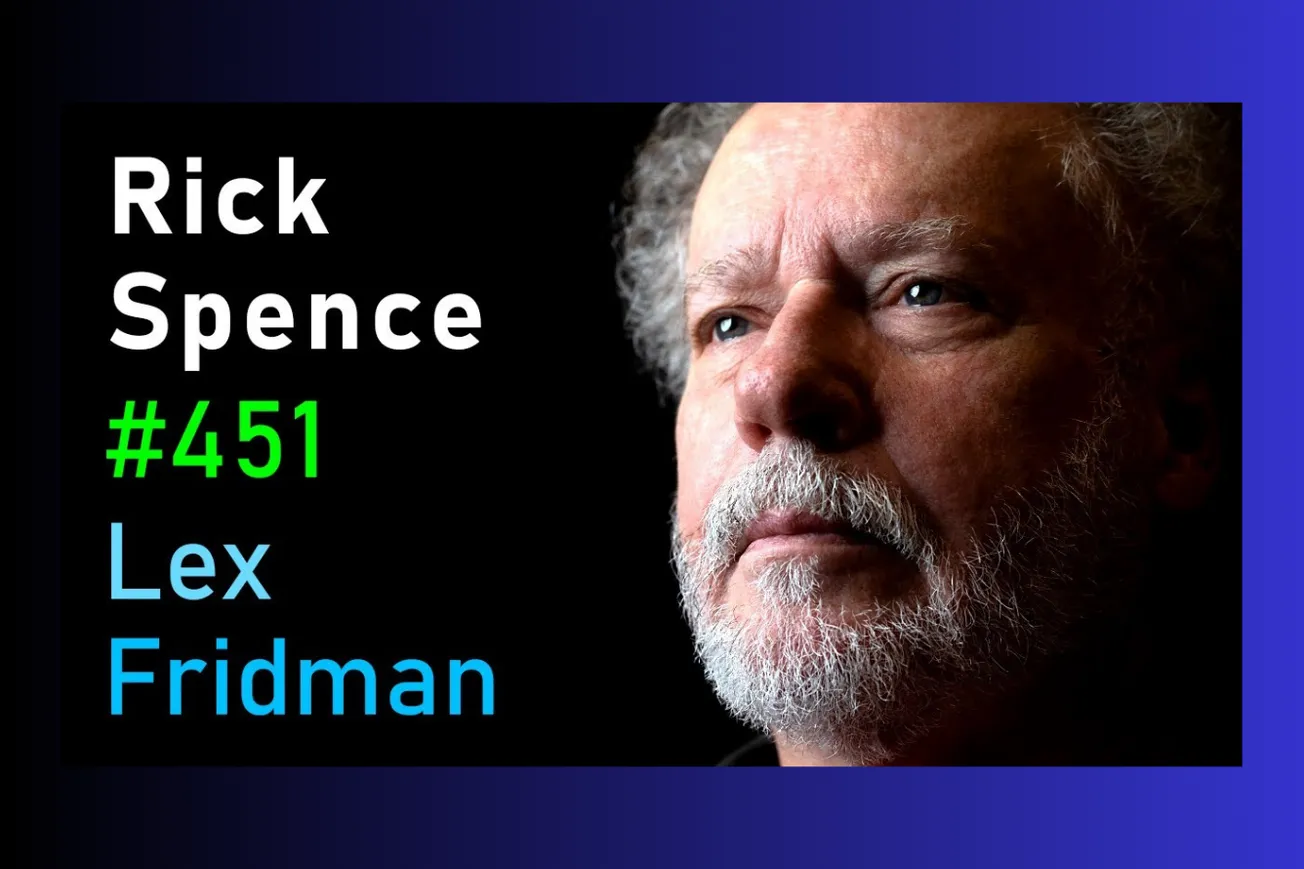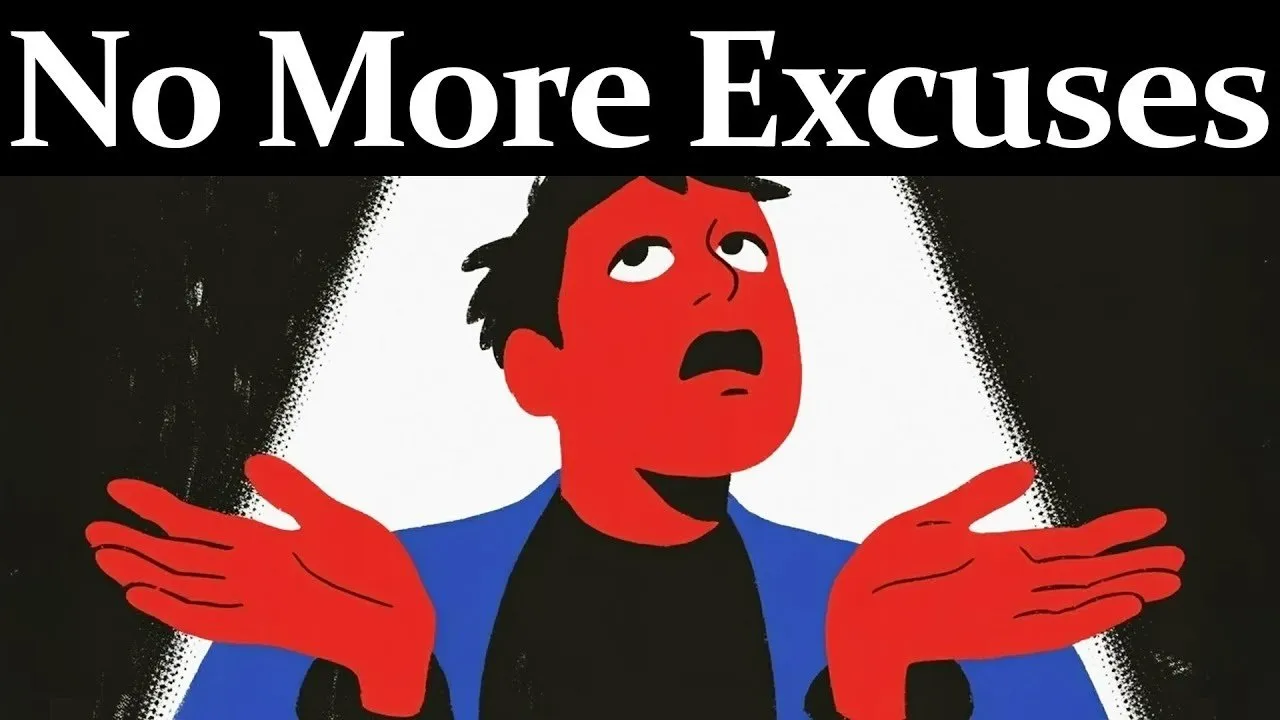Table of Contents
Historian Rick Spence joins Lex Fridman to dissect secret societies, intelligence operations, and the occult. A masterclass in espionage and conspiratorial power.
Key Takeaways
- Russian intelligence, from the Tsarist Okhrana to the Soviet KGB, consistently outperformed Western counterparts in infiltration and subversion.
- Lenin’s rise may have been aided—intentionally or not—by the Okhrana's manipulation of revolutionary factions.
- The KGB's legacy of psychological manipulation and agent provocateurs set the gold standard in covert disruption.
- The CIA's MKUltra program, while ethically catastrophic, demonstrates the extremes of mind control experimentation.
- Wealthy elites gather at places like Bohemian Grove, where rituals, secrecy, and political vetting converge.
- Cults, the occult, and mystical rituals are potent tools for manipulation, both personally and politically.
- The Thule Society played a shadowy role in laying ideological foundations for the Nazi Party.
- Intelligence agencies often operate outside legal and moral norms, justifying deceit and murder in service of state interests.
- Power structures are frequently shaped not by official leaders, but by those who control information, surveillance, and secrets.
The Cold Precision of Russian Intelligence
- Rick Spence points to Russian intelligence as historically the most consistent and effective—from the Okhrana through to the FSB.
- The Okhrana’s tactic of embedding agent provocateurs into revolutionary groups enabled them to manipulate opposition from within.
- By the early 20th century, Russia's security services had so deeply infiltrated political movements that they arguably dictated their decisions.
- Revolutionary factions like the Bolsheviks were often filled with Okhrana moles, raising questions about whether Lenin himself was compromised.
- Spence suggests that many early Soviet operatives, including the CheKa, were recycled Okhrana agents seeking continuity and survival.
- The Soviet use of moles reached its peak with cases like the Cambridge Five and later, Aldrich Ames and Robert Hanssen in the U.S.
Lenin, the Okhrana, and the Paradox of Power
- Lenin fractured the Russian Marxist movement, weakening its cohesion and allowing Bolsheviks to seize control—a strategic benefit to the Okhrana.
- Spence provocatively suggests Lenin may have been a witting or unwitting Okhrana asset.
- This division between Bolsheviks and Mensheviks played directly into Tsarist security goals.
- The 1917 revolution wasn’t driven by revolutionaries, argues Spence, but by political elites via a parliamentary coup.
- The CheKa, formed shortly after the Bolshevik rise, was staffed heavily by former Tsarist operatives.
- Spence notes that intelligence services often outlive regimes, adapting seamlessly to new power structures.
MICE: The DNA of Espionage Recruitment
- The acronym MICE—Money, Ideology, Coercion, Ego—outlines how intelligence agencies recruit assets.
- Ideological fervor fueled many Soviet agents, particularly during the 1930s. Later, ego and coercion dominated.
- Ego, Spence asserts, was likely the dominant motivator for defectors like Kim Philby.
- Coercion was brutal: suspects were forced to comply or be outed as informants, often a death sentence.
- Redundancy was key. Intelligence agencies deployed multiple moles into the same target group to cross-check loyalty.
- Betrayal was used tactically—sometimes agencies exposed their own assets to destabilize entire movements.
MKUltra and the Architecture of the Human Mind
- The CIA's MKUltra program sought to reprogram human consciousness through hypnosis, drugs, and trauma.
- Cleve Backster's 1949 meeting revealed early ambitions: memory erasure, personality implantation, and psychological fragmentation.
- The program's goal was to weaponize the human mind, creating agents who could kill or spy without conscious awareness.
- Experiments were often non-consensual, violating medical ethics and human rights.
- When congressional oversight intensified in the 1970s, the CIA destroyed most MKUltra records.
- Spence emphasizes that while these ideas may seem fantastical, the real danger lies in the belief that they are possible.
Bohemian Grove and the Theater of Power
- Bohemian Grove is a redwood sanctuary where the world's elite gather, ostensibly to relax—and possibly to vet future leaders.
- Rituals like the "Cremation of Care" mix theatrics with pagan symbolism, creating a surreal blend of leisure and power dynamics.
- Richard Nixon considered his lakeside talk at Bohemian Grove the beginning of his presidential comeback.
- Spence sees such gatherings as opportunities for elites to align agendas, influence policy, and unofficially select political candidates.
- Whether or not conspiracies are plotted, the ritualistic nature and secrecy invite public suspicion.
- The power of symbolism, ritual, and selective access can unify elites in ways more binding than formal institutions.
Cults, the Occult, and Human Desire for Belonging
- Spence outlines how secret societies and cults fulfill deep human needs for meaning, ritual, and community.
- Aleister Crowley defined magic as "the art and science of causing change to occur in conformity with will."
- Spence draws parallels between ancient ritual and modern practices, from pep rallies to political theatre.
- Cult leaders often begin as true believers, but ego and control eventually dominate.
- Excessive reverence for leaders, strict hierarchies, and isolation are common red flags.
- The line between play and belief is thin; what begins as theatre can become sacred to followers.
Thule Society and the Birth of Nazi Ideology
- The Thule Society, rooted in Germanic mysticism, merged occult beliefs with racial ideology.
- Led by Rudolf von Sebottendorff, its esoteric roots connected political intrigue, gun-running, and Masonic lodges.
- The society's teachings fed directly into Nazi mythos: Aryan supremacy, mystical origins, and national destiny.
- Spence notes that Sebottendorff's past in the Ottoman Empire connected him to revolutionary Freemasonry and intelligence work.
- Thule was not a political party, but its members formed the backbone of early Nazi movements in Munich.
- Occultism gave ideological and spiritual justification to Nazi brutality, cloaking genocide in cosmic purpose.
Final Observations on Power and Secrecy
- Intelligence agencies exist to collect secrets, protect their own, and subvert others—and often, that includes their own governments.
- The "deep state" isn't always a conspiracy, but bureaucratic self-preservation often mimics one.
- Elite secrecy breeds suspicion: from Epstein's network to Bohemian Grove, closed circles fuel public mistrust.
- Ritual, whether theatrical or occult, is used to cement group identity and reinforce hierarchies.
- Cults and conspiracies aren't fringe anomalies; they're endemic to how power operates beneath the surface.
Power rarely wears a name tag. In Spence's world, it's the silent operator with the ritual script, the hidden file, the puppet string. Trust, if it exists at all, is just another illusion to be weaponized.





